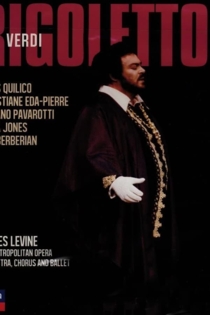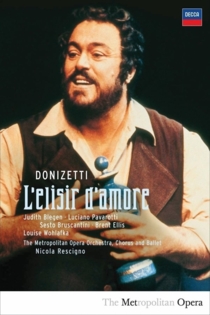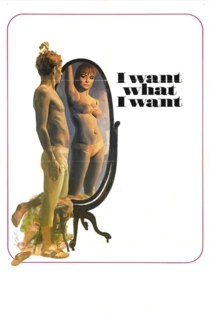
John Dexter
1925 - 1990Don Carlo
Kirk Browning, John Dexter
Vasile Moldoveanu, Renata Scotto
Don Carlo (1980) Metropolitan Opera. Verdi / italian. King Philip's court is plagued by rebels, family squabbles and intrigue. The Spanish Inquisition tries to exert its influence. The tension finally ignites at the King's coronation, where heretics are to be burned at the stake
Don Carlo
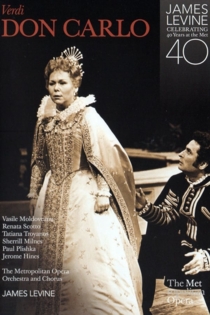
Rigoletto
Kirk Browning, John Dexter
Cornell MacNeil, Ileana Cotrubas
A Victor Hugo play, haunting and scandalous, provided the inspiration for Verdi’s mid-career masterpiece. A vengeful but misguided court jester strives to save his daughter from a duke’s licentious clutches, but can't part with the feeling that a curse looms over all of his actions. In Rigoletto, the composer introduces several of his most iconic arias and duets—as well as an 11th-hour quartet that counts among the finest moments in opera.
Rigoletto
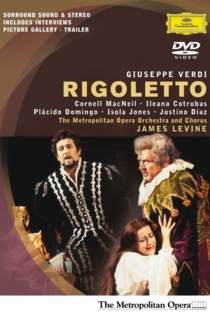
Don Pasquale
Kirk Browning, John Dexter
Gabriel Bacquier, Beverly Sills
This John Dexter production, designed by Desmond Heeley, was a parting gift to the great American soprano Beverly Sills, who bid farewell to the Met as Norina, the smart young widow at the center of Donizetti’s comedy. The sensational Alfredo Kraus sings her beloved Ernesto. Håkan Hagegård, in his Met debut role and season, is Dr. Malatesta, the man who helps the young couple trick the crusty old bachelor of the title (Gabriel Bacquier at his comical best) into a fake marriage. This being a Donizetti comedy, it all turns out perfectly well at the end—and getting there is pure operatic fun.
Don Pasquale
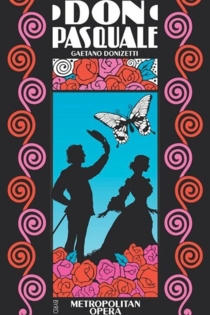
Lemony Snicket's A Series of Unfortunate Events
Brad Silberling
Emily Browning, Liam Aiken
Three wealthy children's parents are killed in a fire. When they are sent to a distant relative, they find out that he is plotting to kill them and seize their fortune.
Lemony Snicket's A Series of Unfortunate Events
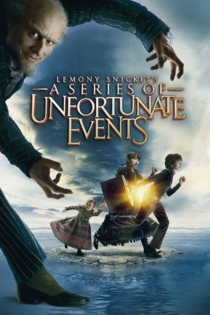
The Virgin Soldiers
John Dexter
Hywel Bennett, Lynn Redgrave
The core of the plot is the romantic triangle formed by the protagonist, a conscripted soldier named Private Brigg, a worldly professional soldier named Sergeant Driscoll, and Phillipa Raskin, the daughter of the Regimental Sergeant Major. The location is a British army base in Singapore during the Malayan Emergency.
The Virgin Soldiers
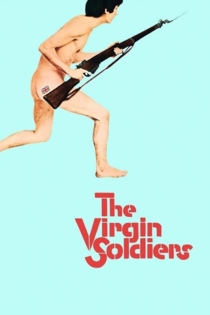
The Sidelong Glances of a Pigeon Kicker
John Dexter
Jordan Christopher, Jill O'Hara
After a young man graduates from a prestigious college, he rebels by preferring a carefree existence rather than the life of fighting the rungs within the treacherous American corporate ladder. For his means of survival he becomes a New York cab driver.
The Sidelong Glances of a Pigeon Kicker
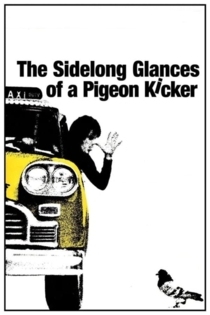
Verdi Don Carlo
Brian Large, John Dexter
Plácido Domingo, Mirella Freni
Ghiaurov, Freni, and Bumbry were great voices in their time, and they are still effective here -- good enough musicians to put over the quite heavy vocal and expressive demands of their roles. Louis Quilico was never quite in that league, and he sounds a bit spread and woofy in places here, but he works hard and effectively to bring Rodrigo to life. Placido Domingo recorded his first Don Carlo, for EMI with Giulini, about 15 years before this production, but he looks and sounds fine here -- in the early 1980's he was doing very good Otellos and Lohengrins too, and Furlanetto, still in his 30's, brings a rich, young voice to an old part and succeeds in making the Grand Inquisitor vocally as well as expressively formidable. Levine brings both weight and energy to the score, and that reading fits well with the overall "traditional" design and production -- the Met's wardrobe budget must have been severely taxed, but everybody looks splendid.
Don Carlo
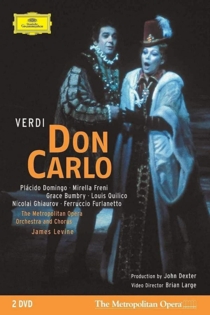
Rigoletto
Brian Large, John Dexter
Louis Quilico, Luciano Pavarotti
The opera's dramatic structure frames and enhances the characters. Scenes of magnificence regularly alternate with scenes of darkness and squalor. From sumptuous interiors, we move to a dark street, a lonely inn. The secondary figures are astutely counterpoised: the plotting courtiers against the plotting Sparafucile and Maddalena (also ambiguously tender-hearted). When Rigoletto says "Pari siamo", he could be expressing the motto of the whole work: the beautiful and the ugly can be equally good, equally evil.
Rigoletto
